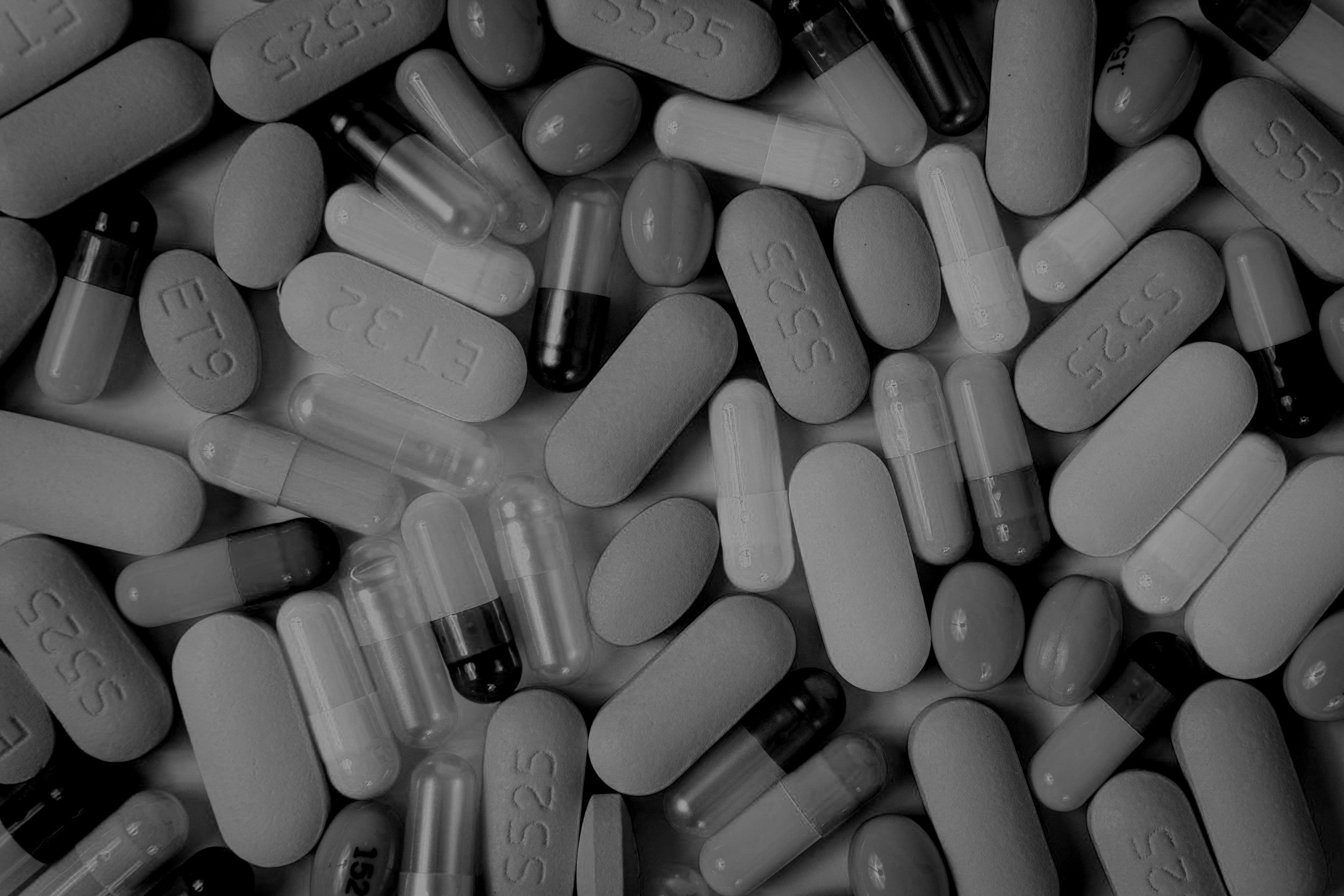
Treatments
Disclaimer:
The information provided on this website (anhedonia.org) is not intended as a substitute for professional medical advice, diagnosis, or treatment. Always seek the advice of your physician or other qualified health provider with any questions you may have regarding a medical condition. Never disregard professional medical advice or delay seeking it because of something you have read on this website.
The website owner and author does not endorse any specific medications, treatments, or therapies mentioned on this website.
Individuals using the information on this website are responsible for their own healthcare decisions. The website owner and author is not responsible for any consequences that may arise from the use of the information provided here.
Medical knowledge and best practices are continually evolving, and what may be considered an effective treatment today may change in the future. Users of this website are encouraged to verify information with up-to-date sources and consult healthcare professionals for personalized medical recommendations.
By using this website, you agree to the terms of this disclaimer.
There is no clear consensus on what is the safest, most effective treatment for anhedonia.
Compared to the research done on other mental health issues, there has been little research done on treating anhedonia. Most studies of antidepressants focus on treating melancholic depression (depression with strong negative emotion), not anhedonic depression.
But a few drugs are starting to show promise. Drugs that have been shown in studies to improve anhedonia are listed here. This page will be updated as more research is done.
If you want to volunteer for a scientific study, you can find a list of active studies at clinicaltrials.gov. Type “anhedonia” under condition/disease.
Atypical Antidepressants
Agomelatine — the side effect profile of agomelatine is better than most commonly prescribed antidepressants
Wellbutrin — particularly good at treating sexual anhedonia
Pramipexole — although this has been shown to relieve anhedonia, there is some concern about the long-term safety of Pramipexole treatment
Psychedelics
Intravenous ketamine — this is a legally available treatment for depression in much of the world
Psilocybin — although this treatment is not yet legal in most of the world, a great volume of research shows that a high dose of psilocybin taken with a guide is a safe, non-addictive, highly effective antidepressant
Stimulants
Methylphenidate
MAOIs
The cure rate of some of the older MAOIs, like Parnate and Nardil, is higher than many more recent antidepressants like Prozac. When SSRIs and SNRIs fail, often a MAOI will succeed at curing anhedonia and depression. Moclobemide has been shown in studies to help people with anhedonia.
Guidance for using MAOIs can be found at maoiexperts.org and psychotropical.com
Research needs to be done to see if anti-Parkinson MAOIs like rasagiline and selegiline—which increase patients’ dopamine—are able to treat anhedonia.
Note to drug developers: there is a huge demand for anhedonia treatments. Bringing a MAOI for anhedonia to market will make you rich.
Experimental Treatments
Aticaprant
Rapid TMS for anhedonic depression. An interview about this cutting-edge treatment can be found here.
SSRIs & SNRIs
SSRIs generally don’t help with anhedonia. In fact, often SSRIs make anhedonia worse: around half of people who take SSRIs and SNRIs report that it increases anhedonia. Prozac, Lexapro, and Celexa are ineffective treatments for anhedonia.
There is, however, some evidence that Trintellix treats anhedonia in some patients. Fetzima is a bit better than the placebo at treating anhedonia.
Sources & Further Reading
1. Pharmacological interventions targeting anhedonia in patients with major depressive disorder: A systematic review. Cao B et al 2019 (link)
2. Pharmacological Treatments for Anhedonia. Klein M et al 2022 (link)
3. Long-term effects of psychedelic drugs: A systematic review. Aday J et al 2020 (link)
3. The Efficacy of Vortioxetine on Anhedonia in Patients With Major Depressive Disorder Cao B et al 2019 (link)
4. The efficacy of levomilnacipran ER across symptoms of major depressive disorder: a post hoc analysis of 5 randomized, double-blind, placebo-controlled trials McIntyre et al 2016 (link)
5. Sequential improvement of anxiety, depression and anhedonia with sertraline treatment in patients with major depression Boyer et al 2000 (link)
